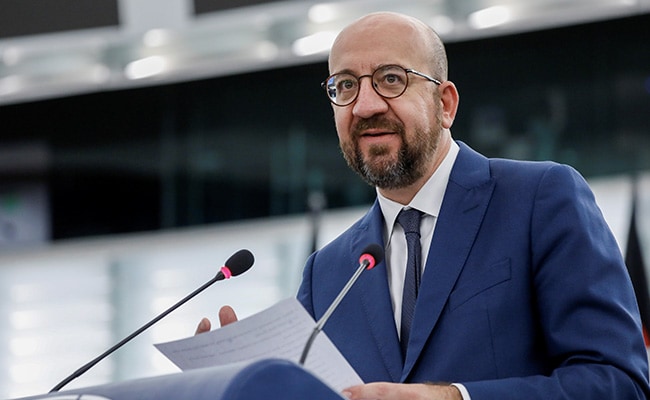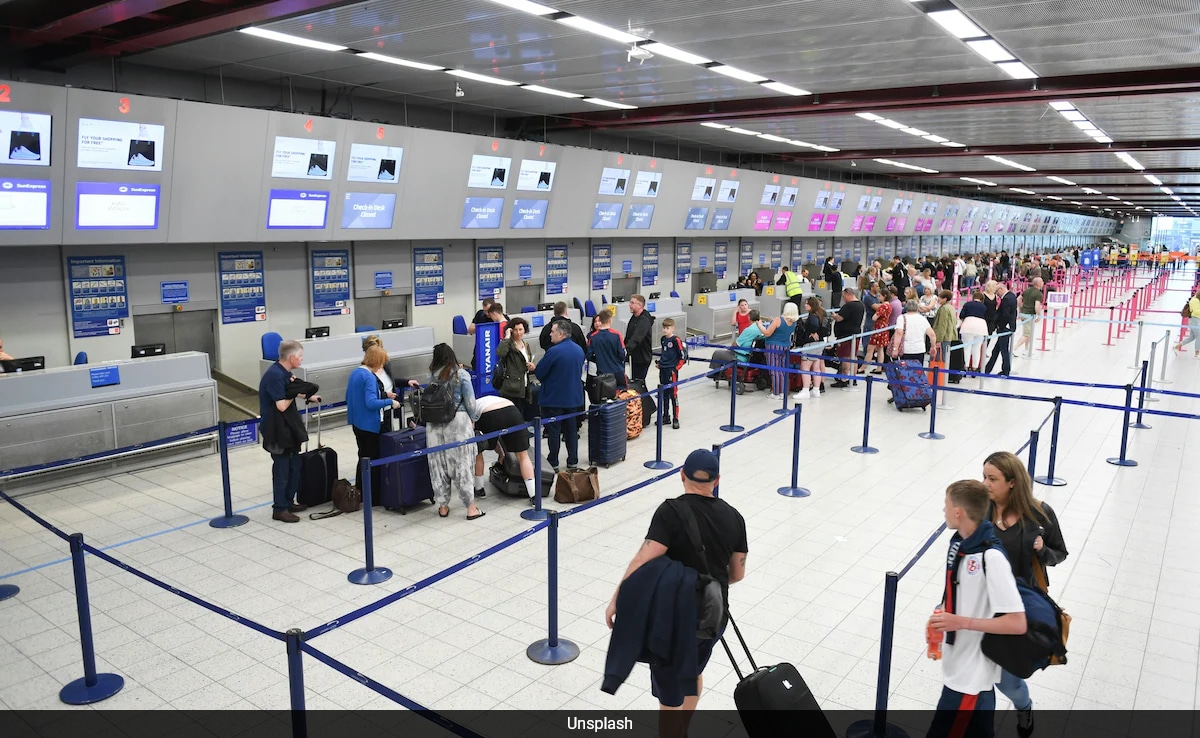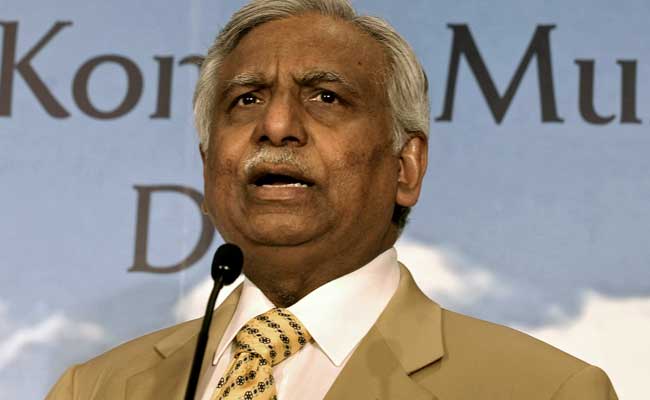Image for representational purposes only.
| Photo Credit: INDRANIL MUKHERJEE
The Telecom Regulatory Authority of India (TRAI) on Friday emphasised the use of the 160 number series exclusively for making all transactional and service voice calls. It held that adherence would ensure easy identification of the calling entity (for customers) and prevent duping attempts from fraudsters. The regulator had met representatives from the Reserve Bank of India (RBI), the Securities and Exchange Board of India (SEBI) and the Insurance Regulatory and Development Authority of India (IRDAI), among others, to contemplate about the “effective utilisation of this series”.
Prevent frauds and exclusive identification
On May 30, the Department of Telecommunications (DoT) had allocated the 160 numbering series (160xxxxxx) for solely making service and transactional calls. More important than the identification aspect of it, the idea was to keep away from the use of the 140 numbering series (140xxxxxx) that was allocated to telemarketers for making promotional, service and transactional voice calls. The DoT had observed that since the 140-series was being used ‘extensively’ for promotional calling. Thus, customers would not take such calls even if they were intended for other important purposes. Furthermore, an alternate usage of 10-digit numbers by genuine entities was duplicated by fraudsters with an intent for deception.
140 series’ future
TRAI also discussed about the 140 series being migrated to the distributed ledger technology platform (the technology that facilitates means for verifying consent in telecommunications) and scrubbing of digital consent being operationalised.
It expects the two measures combined would enable “substantial control on spam calls” from 10-digit numbers.
Lastly, TRAI and the participants also agreed to whitelist URLs/APKs in the latters’ content templates, use of minimum numbers of headers and content templates and taking immediate action should the senders’ credentials be misused.











